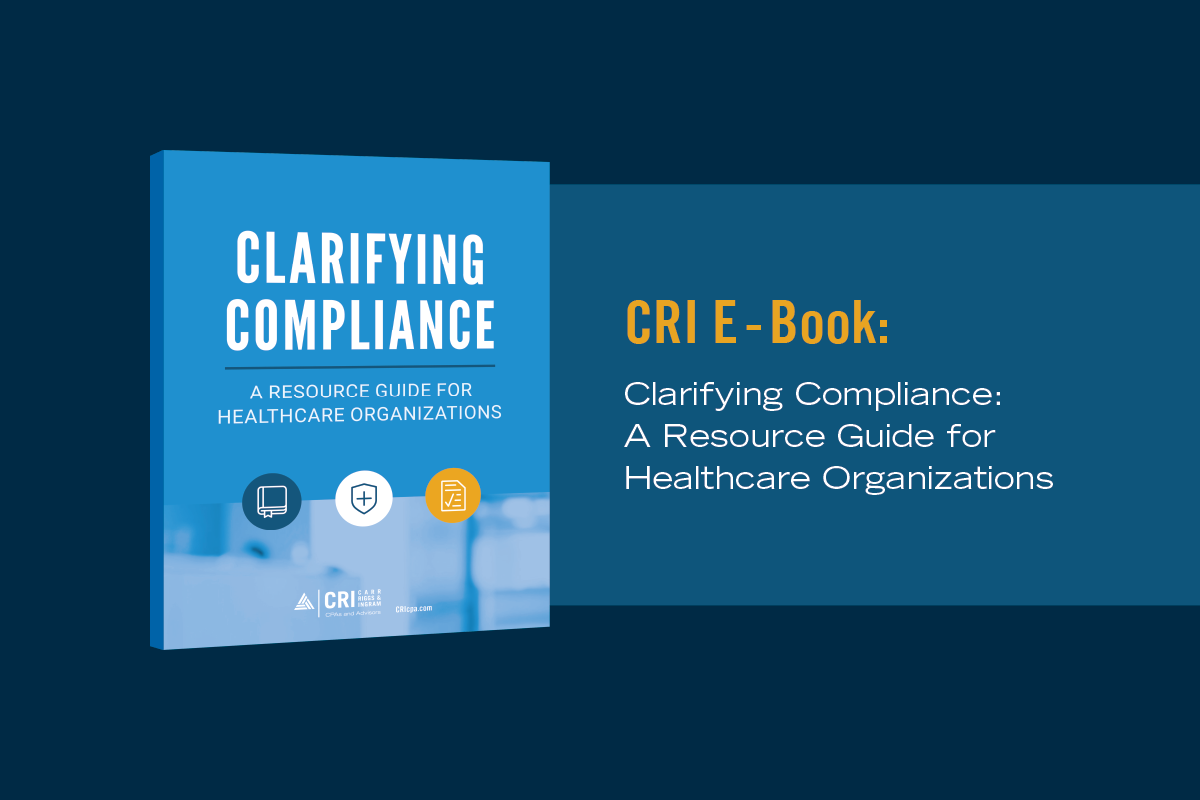Cryptocurrency: What’s a Community Bank to do?
- Contributor
- Doug Mims
Jun 16, 2022
The meteoric rise of cryptocurrency has thrust the collection of tradable digital assets to the top of the business news feed, resulting in a frequent reference in mainstream media. Terms like bitcoin, crypto, blockchain, and NFTs (non-fungible tokens) have become commonplace in bank speak. With so much attention focused on it, cryptocurrency and digital assets have become a common topic at banking industry trade shows and related continuing education courses.
Never before has there been information like this that piqued community bankers’ interest more than customer polling data from the likes of Cornerstone Advisors and NYDIG. As an example, 2021 polling by NYDIG revealed the following:
- 22% of American adults own Bitcoin
- 80% of bitcoin holders would choose to store it with their financial institution if offered
- 71% of bitcoin holders would switch their financial institution for one offering bitcoin products
Similarly, a recent Cornerstone Advisors poll found that 15% of American adults owned some form of cryptocurrency, with 60% of participants saying they would use their current bank if it offered the opportunity to invest in the digital asset. Another 32% of respondents admit that they might consider cryptocurrency at some point in the future. The same polling data indicates that 68% of all crypto owners are very interested in Bitcoin-based debit or credit card rewards.
Despite the positive customer polling data, community bank executives have been reluctant, both in practice and polling data, to commit to offering crypto-related services. Such apprehension may be prudent with the recent bad press regarding cybersecurity issues and significant devaluation. It is fair to say that the bank regulatory environment regarding crypto is still evolving.
So, what should community bankers be doing in the evolving crypto environment?
- Be intentional about getting educated. With a plethora of webinars routinely available in the marketplace, there is no shortage of cryptocurrency-related news; and trends to follow on platforms like Twitter, Reddit, and LinkedIn.
- Closely monitor regulatory developments. Current bank regulatory guidance would require an institution to seek prior approval before offering crypto-related services. Otherwise, the bank regulator agencies need community banks to employ appropriate measures to effectively manage risk and operate in a safe & sound manner. More precise and robust regulatory guidance is expected in the future.
- Do your due diligence. While cryptocurrency is a new arena for community bankers, evaluating new products and services while performing appropriate third-party due diligence is not. Conducting Due Diligence on Financial Technology Companies: A Guide for Community Banks was issued by the bank regulatory agencies in August of 2021 and is an excellent resource for community bankers.
- Engage your trusted advisors. Appropriately evaluating cryptocurrency opportunities and maneuvering the regulatory challenges will likely “take a village.” Communicate with your audit, financial, regulatory, and legal advisors early and often.
Financial institutions have historically evaluated the reward associated with new ventures and effectively managed risk on a routine basis. While cryptocurrency represents a new frontier, community banks will ultimately provide such services to meet the needs of their customers.
Whether your crypto questions are regulatory, IT, internal control, or financial reporting related, CRI’s financial institution professionals can provide you with more information and personalized assistance.





















































































































































































































































































































































































































































































































